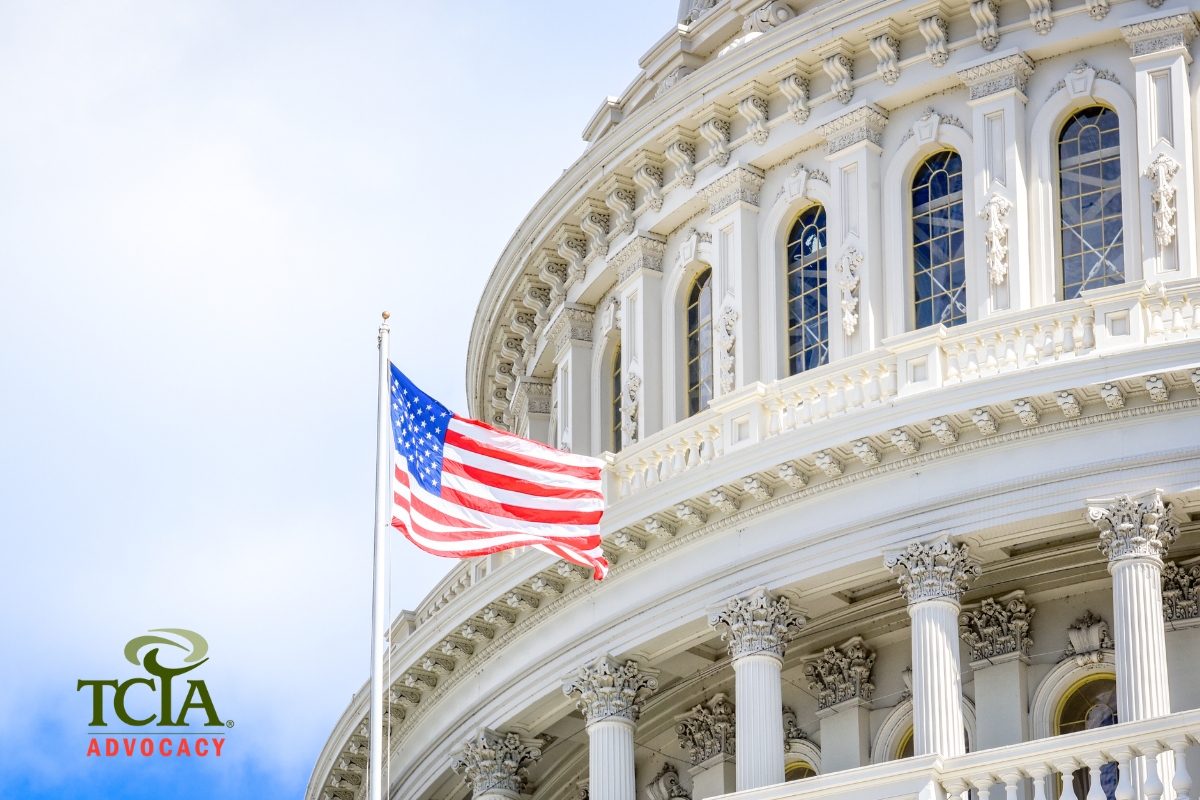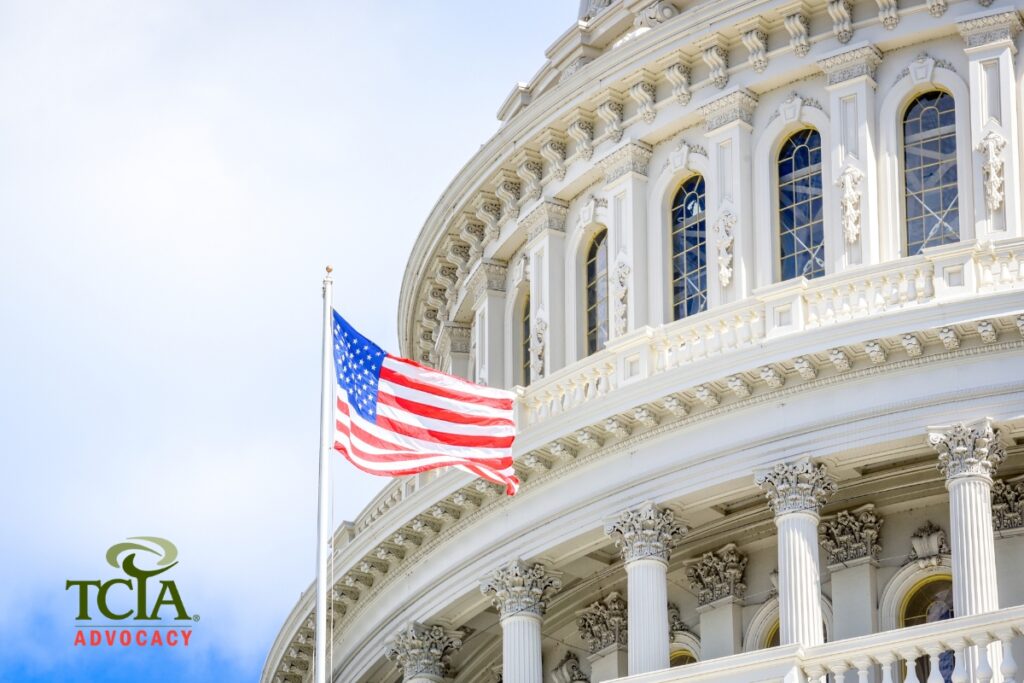
Written by Ulman Public Policy.
On April 23, President Trump signed several executive orders focusing on education and workforce development policy, including the Registered Apprenticeship program. Notably, two executive orders direct certain federal agencies to expand and strengthen Registered Apprenticeships for in-demand trades and occupations, including those related to artificial intelligence (AI).
Preparing Americans for High-Paying Skilled Trade Jobs of the Future
One of the executive orders from April 23 is titled, “Preparing Americans for High-Paying Skilled Trade Jobs of the Future.” The order aims to optimize federal investments in workforce development to equip workers with skills needed for in-demand trades and occupations.
Notably, the order directs the Secretaries of Labor, Commerce, and Education to submit a plan within 120 days to expand Registered Apprenticeships. Specifically, the order calls for a plan “to reach and surpass 1 million new active apprentices.” The plan is directed to identify avenues to expand Registered Apprenticeships to new industries and occupations, measures to scale the Registered Apprenticeship program nationally while improving efficiency and providing consistent support to program participants, and opportunities to enhance connections between the education system and Registered Apprenticeship programs.
To further its goal of improving federal workforce development programs, the order also directs the Secretaries of Labor, Commerce, and Education to submit a separate report setting forth strategies to support workers. The report asks the agencies to identify opportunities to integrate systems and realign resources to address critical workforce needs and in-demand skills of emerging industries, as determined by prospective employers; programs or related funding streams that are deemed to be ineffective or fail to achieve their desired outcomes and proposals to reform the program, redirect its funding, or eliminate it; opportunities to invest in the upskilling of incumbent workers; and strategies to identify alternative credentials and pathways to the four-year college degree, among other things. The agencies are directed to submit this report within 90 days of the executive order.
Advancing Artificial Intelligence Education for American Youth
The second executive order addressing registered apprenticeships, titled “Advancing Artificial Intelligence Education for American Youth,” aims to develop an AI-ready workforce by promoting AI literacy and proficiency through AI-integrated education and training.
The order includes several directives for the Secretary of Labor to promote AI-related Registered Apprenticeships. First, the Secretary of Labor is directed to increase participation in AI-related Registered Apprenticeships by establishing goals for growing such programs in AI-related occupations across industries and engaging industry organizations and employers to facilitate the development of AI Registered Apprenticeship programs. The order also directs the Secretary to encourage states and grantees to use Workforce Innovation and Opportunity Act (WIOA) funding to develop AI skills and support work-based learning opportunities within occupations utilizing AI. Similarly, the Secretary is directed to engage with state and local workforce development boards, industry organizations, training providers, and employers to promote AI skills education coursework and certifications. Finally, the Secretary of Labor, in consultation with the Secretary of Education, is encouraged to create opportunities for high school students to take AI courses and certification programs by prioritizing grants to providers that develop or expand such programs and courses.
In addition to the provisions to expand AI Registered Apprenticeships, the executive order also establishes an Artificial Intelligence Education Task Force, which includes the Secretary of Labor in addition to other agency heads, to coordinate federal efforts related to AI educations. The Task Force is directed to establish a Presidential Artificial Intelligence Challenge and establish private-public partnerships between AI industry organizations, academic institutions, and other organizations with expertise in AI education.
More information and guidance from relevant agencies on Registered Apprenticeships will likely come in the following months. TCIA will continue to monitor for updates related to such programs and other federal workforce development programs and policy efforts.
Your Voice in Washington. TCIA advocates Washington on behalf of all our members, and the tree care industry at large. We work to ensure lawmakers understand the unique challenges and risks of our profession, while pushing for industry-specific legislation that supports safety, growth, and operational success. Learn more about TCIA’s advocacy efforts.

